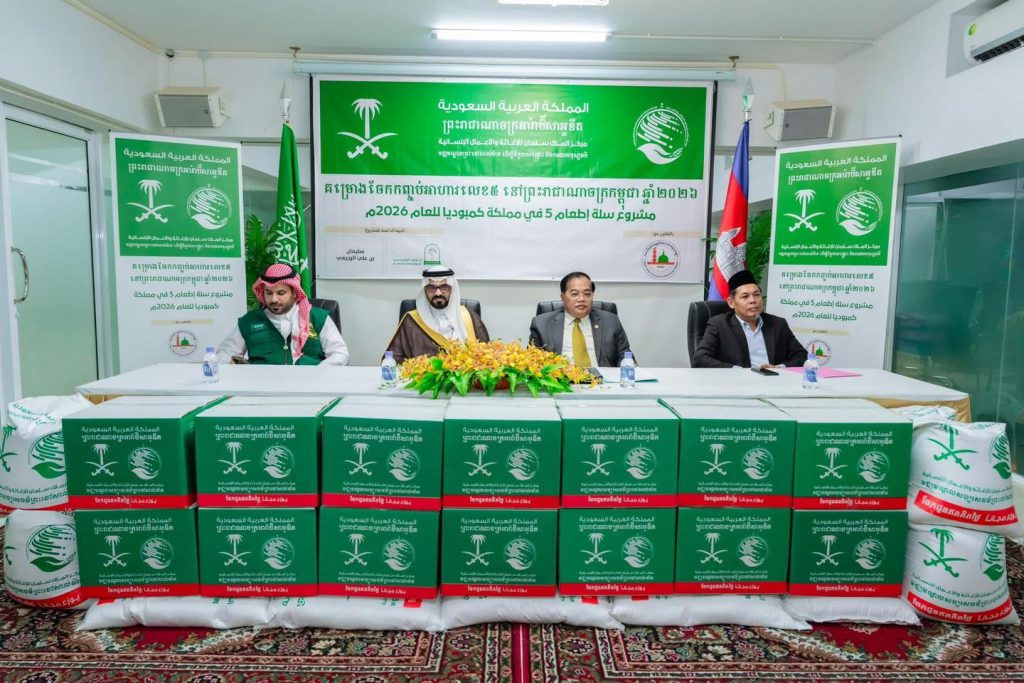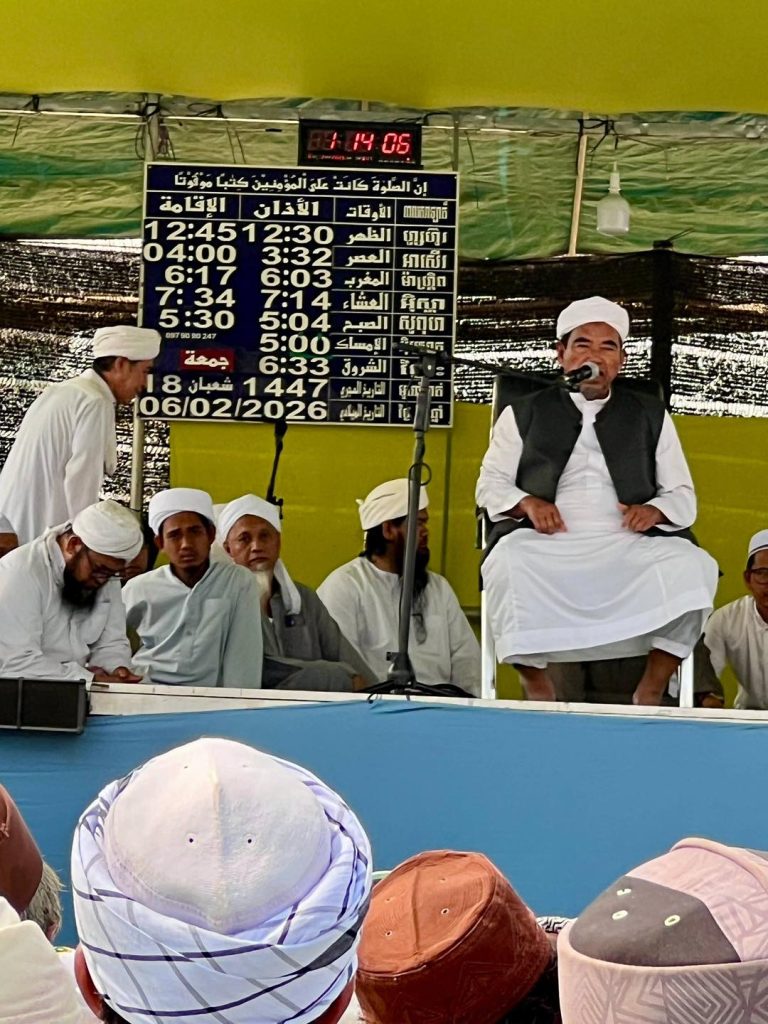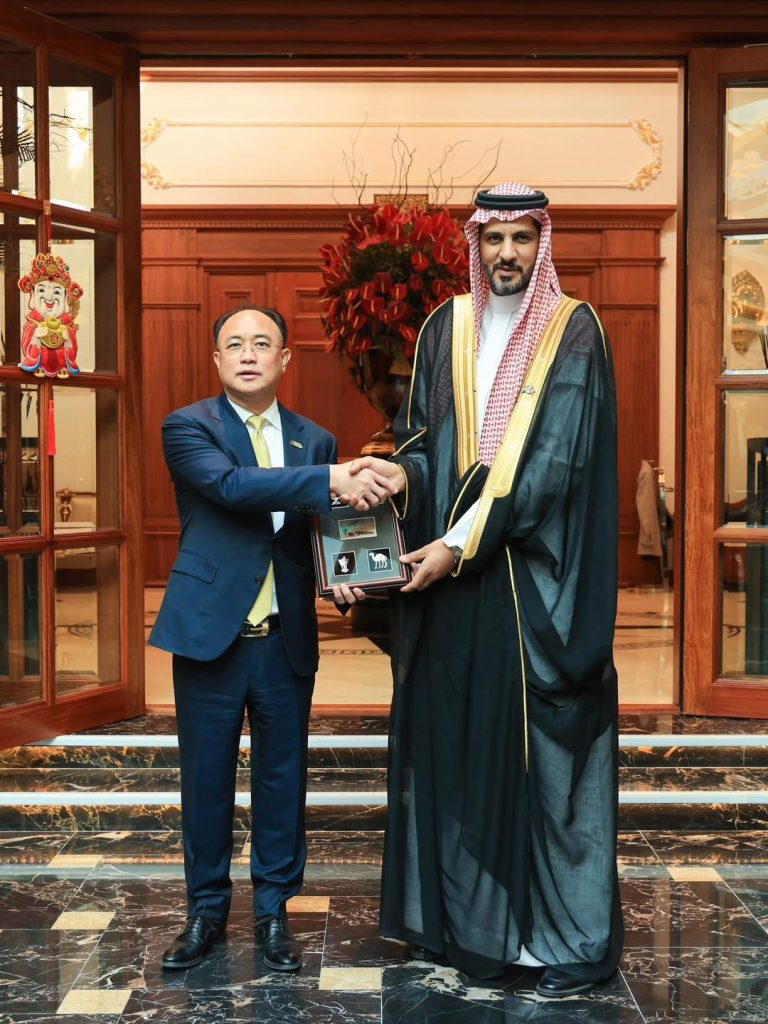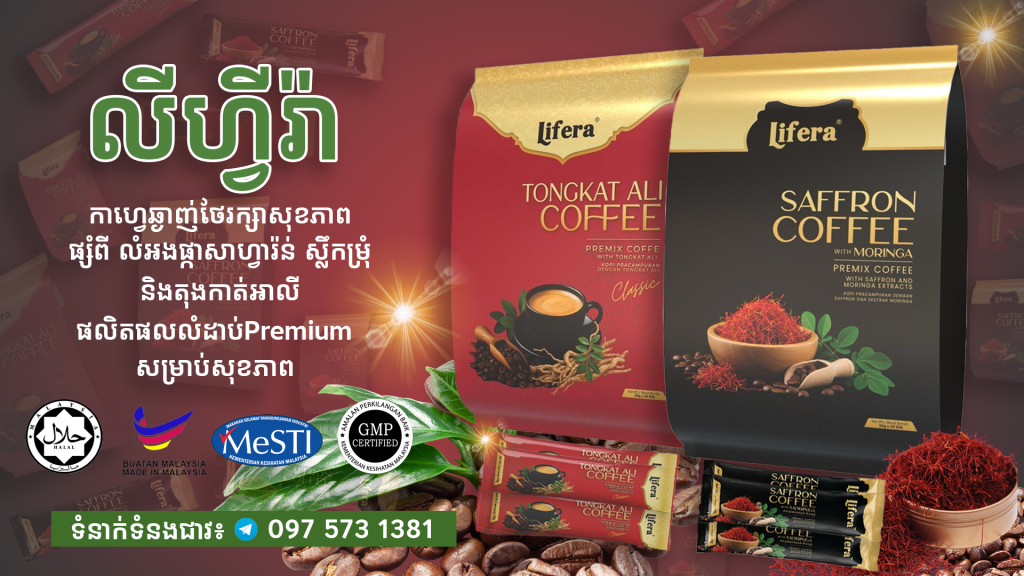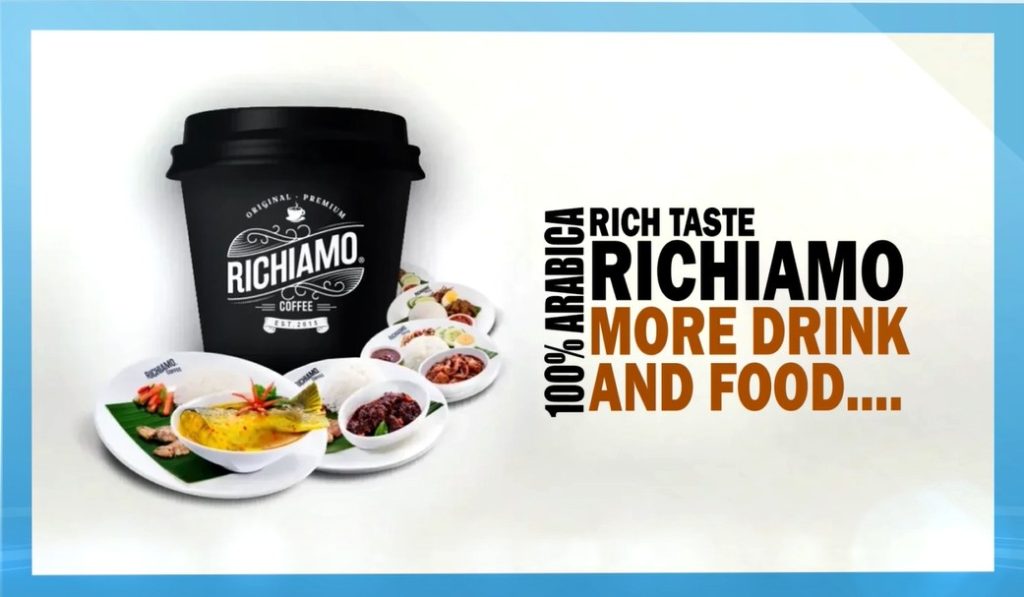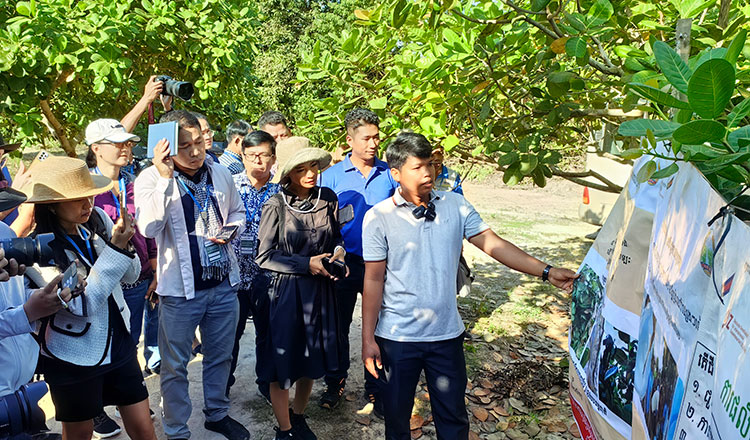
Farmers say processing cashews the key to success for nut sector

Local cashew farmers are calling for more investment in local processing factories to make Cambodia a leader in the global cashew nut market and to realise stable product pricing.
The National Policy on Cashew Nuts 2022-2027 reflects the government’s ambition to establish Cambodia as a major cashew producer and exporter. The policy aims to increase production, improve quality and expand the market for Cambodian cashews both domestically and internationally.
Presently, Cambodia exports up to 90% of its annual harvest of 1.1 million tonnes of raw cashew nut production. Most freshly harvested raw nuts are sold to neighbouring Vietnam because Cambodia has limited facilities for cashew nut processing.
Experienced farmer Ly Kimsuy manages a diverse 19-hectare cashew plantation in the Santuk district of Kampong Thom province. He is urging both local and international business people to invest in new processing facilities for cashews in Cambodia.
“I appeal for more investment in cashew nut processing factories, so that our farmers won’t be forced to sell their produce to middlemen at unstable prices,” he said, adding that he believes many local business people are reluctant to invest in the cashew nut industry.
He said climate change is another factor that has affected production of cashew nuts, saying it is the main reason farmers have cut down cashew trees. Kimsuy noted that 10% of cashew farmers in his village have opted to replace their cashew plantations with cassava, which is resistant to heat and drought.
He has cultivated cashews since 2006, growing the “Dong Nai” variety and also “M23”cashews, which are a large-sized nut with a uniquely delectable taste. He cultivates three harvests annually.
He employs advanced agricultural techniques. Both soil fertility management and pest control have significantly enhanced his yield, which now reaches up to 2.5 tonnes per hectare.
Kimsuy explained that most cashew farmers in his community are selling freshly harvested nuts in their raw form to local traders before it is exported and resold to neighbouring Vietnam for processing.
He also plays a crucial role in community education in his locality, having trained 250 farmers and establishing five demonstration plots between 2022 and last year.
Kimsuy studied agricultural skills with the German development agency (GIZ) through its ‘Climate Resilience of Agricultural Systems’ (CRAS) programme for ‘Climate Smart Agricultural practices’.
His efforts to introduce agricultural extension work have been pivotal to promote effective farming practices for many cashew farmers.
Inn Laihout, founder and Managing Director of ‘Chey Sambo Cashew Nut Processing Handicraft’ in Kampong Thom province, is urging the government to subsidise small nut handicraft processors, as well as help growers to find new markets.
Im Rachna, spokeswoman for the Ministry of Agriculture, Forestry and Fisheries, said the government is aware of challenges facing farmers, and the new policy aims to better connect farmers with traders.
She said that the trading mechanism will make it easier to meet supply and produce cashew nuts in proportion with demand while setting a price acceptable to all.
She added that despite the large volume of raw cashew nuts produced, most are exported in their unprocessed raw form. This situation highlights the substantial opportunity for Cambodia to increase its value-added advantage by processing finished cashews before they are exported.

Cr:/ KhmerTime


